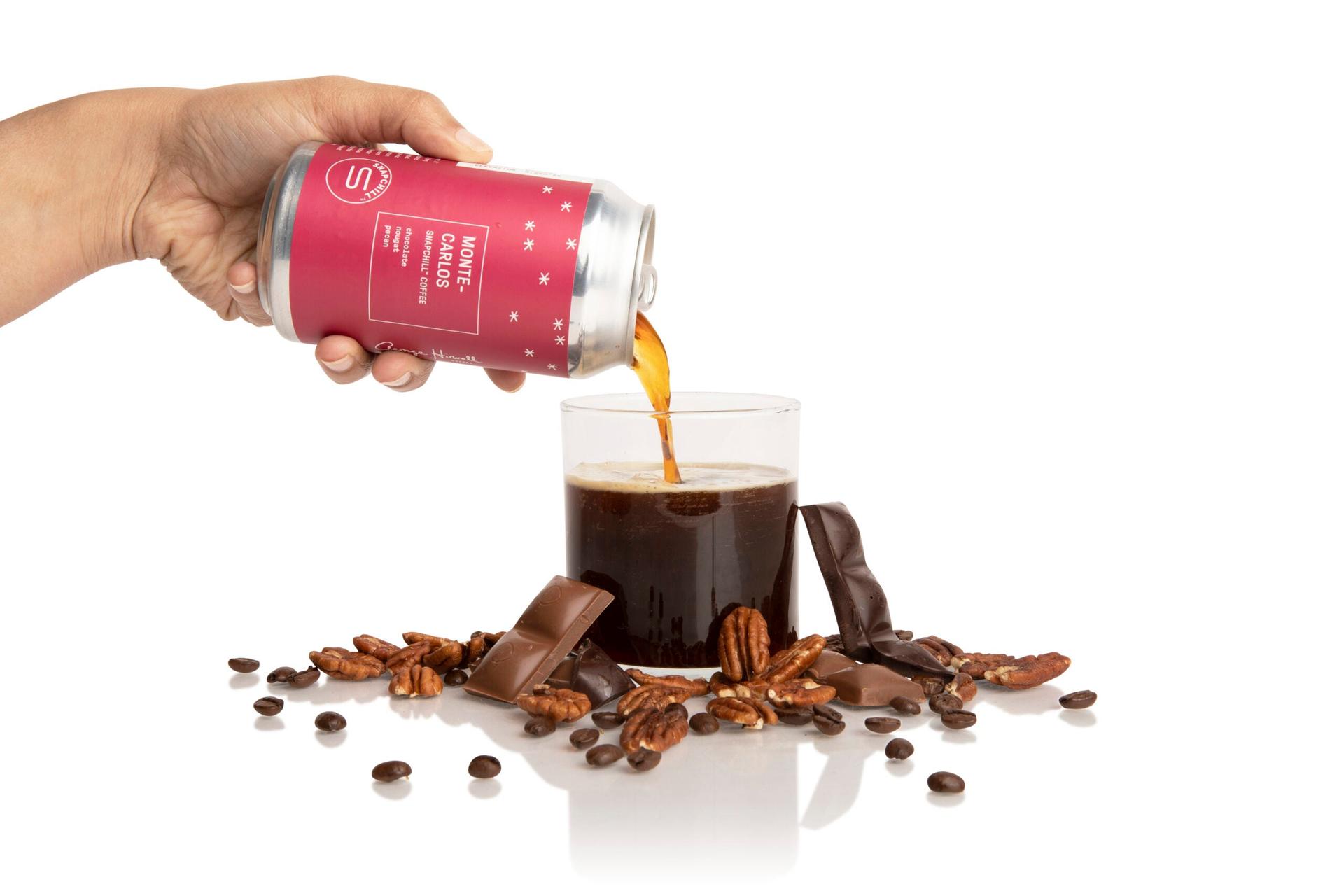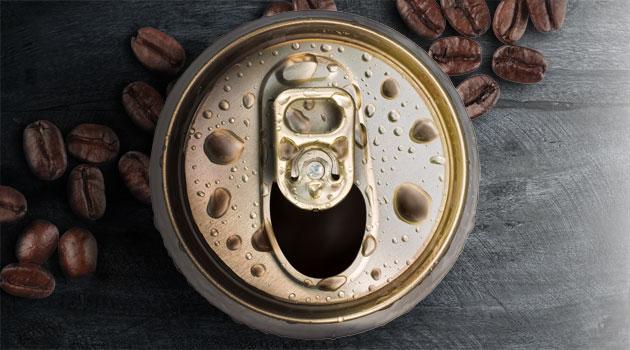The FDA has classified a nationwide coffee recall as Class II. This classification indicates a moderate health risk.
Class II recalls involve products that may cause temporary or reversible health issues. The FDA made this determination on July 23, 2024.
Snapchill LLC Initiates Voluntary Recall in June

Snapchill LLC, a Wisconsin company, initiated the recall voluntarily. They took this action after discovering potential issues with their manufacturing process.
The recall affects various canned coffee products distributed nationwide. Snapchill’s proactive approach aims to prevent potential health risks.
Botulism Risk Prompts Recall of Coffee Products

The recall stems from a potential risk of botulism. Botulism is a rare but serious foodborne illness.
It can cause severe symptoms, including paralysis and breathing difficulties. The CDC reports an average of 110 botulism cases annually in the United States.
Botulism: A Rare but Potentially Fatal Illness

Botulism can be life-threatening if left untreated. Symptoms may appear between 6 hours to 2 weeks after consuming contaminated food.
The mortality rate for foodborne botulism is about 5-10%. Prompt medical attention is crucial for effective treatment.
FDA Explains Class II Recall Classification

The FDA’s Class II classification indicates a moderate risk. It suggests the possibility of temporary or reversible health consequences.
This classification falls between Class I (highest risk) and Class III (lowest risk). The FDA uses this system to prioritize and communicate recall urgency.
Recall Affects Over 10 Million Canned Products

The recall impacts more than 10 million canned products. It covers 20 different coffee and tea items.
The affected products come in various can sizes. This large-scale recall underscores the importance of food safety measures.
Multiple Coffee Roasters and Retailers Affected

The recall spans multiple coffee roasters and retailers. Products were sold under various brand names nationwide.
Can sizes range from 7 to 12 ounces. This wide distribution highlights the complexity of modern food supply chains.
Low Acid Canned Foods at Risk

The manufacturing process could lead to botulinum toxin growth. Low acid canned foods are particularly susceptible.
Proper canning procedures are crucial for preventing botulism. The FDA regularly monitors and regulates canning processes for safety.
Complete List of Recalled Products Available Online

The FDA has published a comprehensive list of recalled products. Consumers can check this list to identify affected items.
The list includes specific product names and details. Regular updates ensure consumers have access to current information.
Consumers Advised to Destroy or Return Products

The FDA recommends destroying or returning recalled products. Consumers can return items to Snapchill or the place of purchase.
Refunds are available for affected products. This approach aims to remove potentially dangerous items from circulation.


